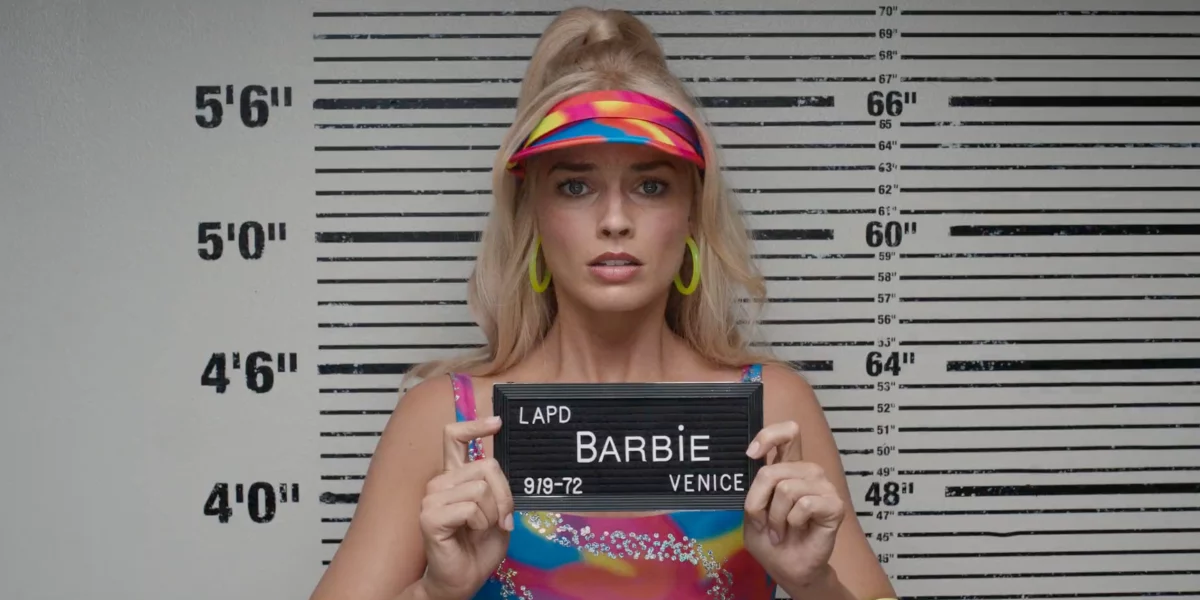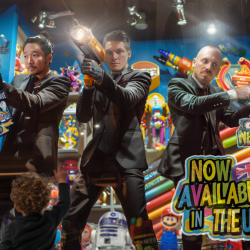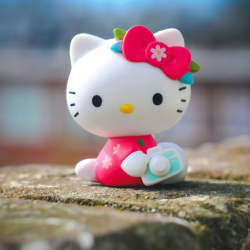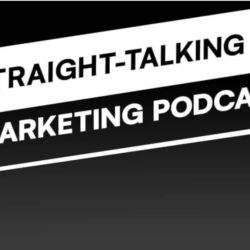Our day-to-day is increasingly becoming more and more commercialised, from the way we order food to the way we form meaningful (or perhaps less meaningful) romantic connections via the swiping left and right of an app. With this in mind, it is no wonder that ‘burnout’, stress-related leave and mental health diagnosis (1.81 million people were referred to NHS IAPT treatment 2021/22) continue to rise.
Could this perhaps be a reflection of the fact that we as a society are ultimately choosing immediacy over experience, short-term pleasure over emotion, facade over depth and transparency and likes over a genuine connection?
Mental health stats such as those published by the UK government can leave us questioning whether we, as humans, are in fact doing anything right or, indeed, whether there is purpose or depth underpinning anything. This is a concern that films such as Greta Gerwig’s Barbie are tackling head-on.
The film’s stark comparison between Barbie’s perfect world and ours, confronts and acknowledges the global and social challenges we face. It is also underpinned by a core aim to bring about positive change, aiming to draw attention to the joys of feeling and connection. The consequent success of a film such as this (surpassing $1 billion in box office sales) suggests that we, as a society, value purpose and pursue radical change more than we might like to give ourselves credit for.
Ironically, amongst one of the biggest marketing campaigns (equipped with all the bells and whistles and opportunities for commercialisation, you can think of) about a film made about a plastic doll, there is a sense of collective purpose, especially amongst young people, that cannot be ignored.
Greta Gerwig has captured the heart of Gen Z, who have time and time again asked brands and creators to root their ideas in purpose and mission
Gen Z is increasingly holding brands accountable and their favourite brands are those who utilise their campaigns to bring about change and depict a true reflection of society. Additionally whilst Gen Z grew up with tech at their fingertips, a substantial 95% told us that in real life (IRL) interactions with friends are more important than making new friends online, or meeting people in the metaverse (as noted in our Brutally Honest Gen Z Report 2023).
It’s therefore perhaps no wonder that Barbie fever has taken hold and Billie Eilish’s song What Was I Made For? continues to trend as a TikTok sound; in a world that is increasingly trying to push for more AI, more online spaces and more elaborate tech.
Although Gen Z are often (harshly and unfairly) labelled privileged and of touch, they’re a generation prioritising purpose, craving real relationships and pursuing meaning. Now entering adulthood (and consequently playing an increasingly important role in shaping society), these young adults are a great indicator that all is not lost when it comes to maintaining connection.
Featured image: Barbie (2023)





























